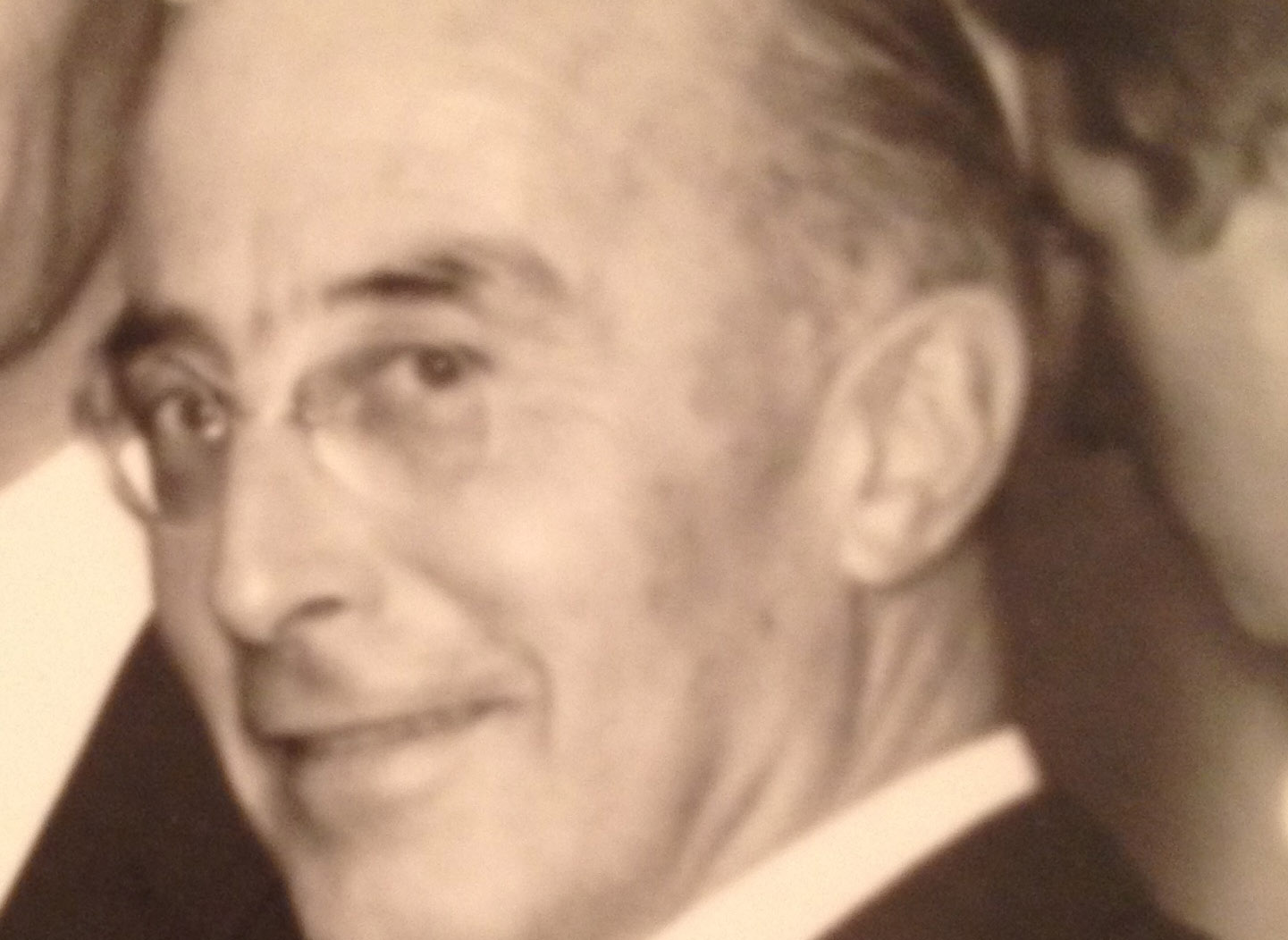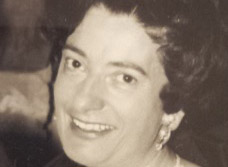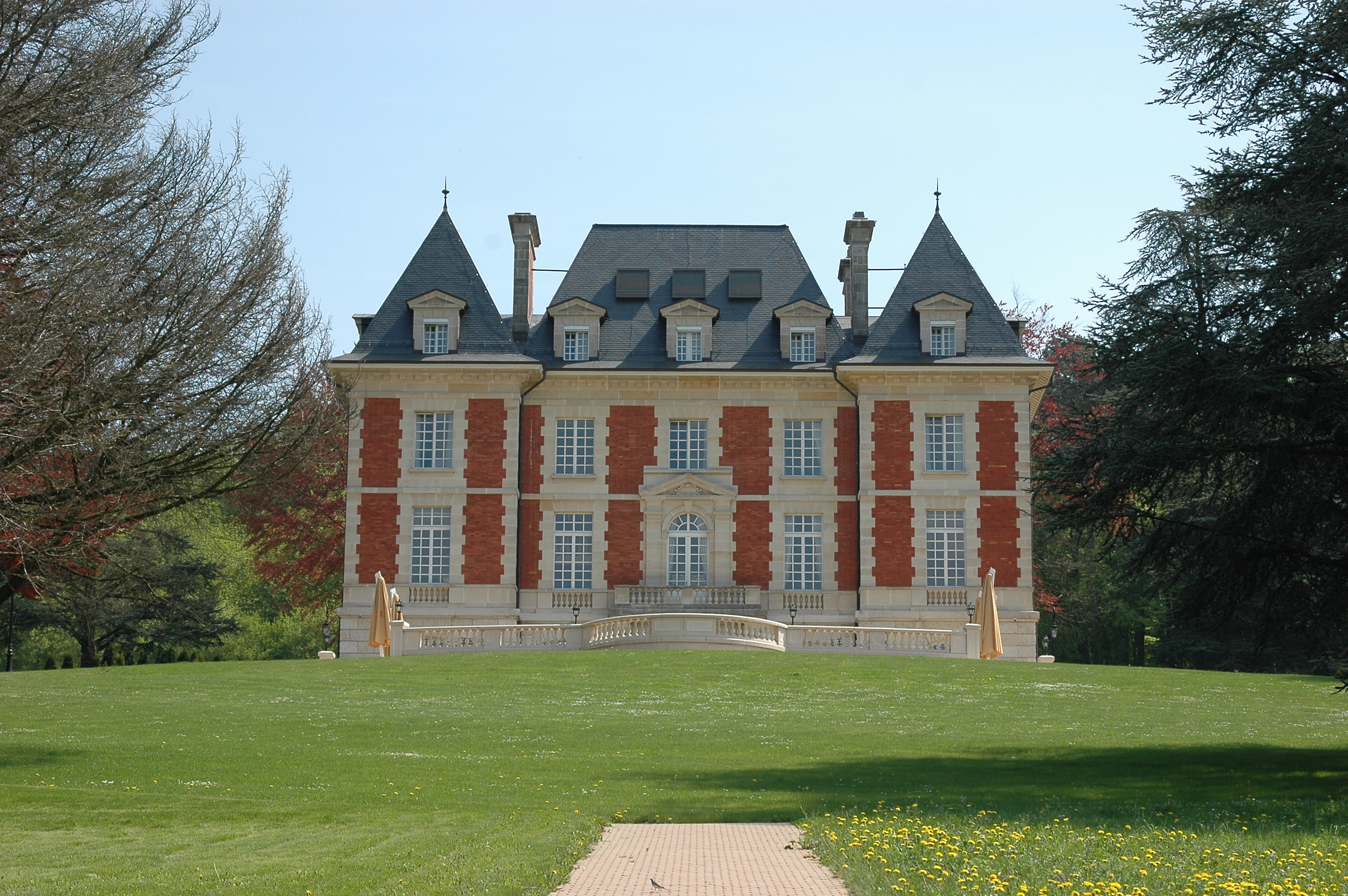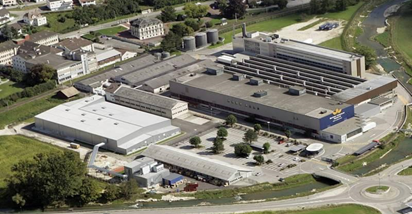FAMILY BUSINESS INITIATIVE
Historically, the market economy is the regulatory system that has been the most dynamic in terms of innovation, productivity, and social protection. Companies, legal entities, and the main stakeholders in this economy have thereby become its critical components.
Several generations of leaders at the Burrus plant in the Jura region had assimilated this idea of increased corporate social responsibility. So when the company was sold, the sixth generation of the family decided to establish the Fondation Guilé to continue to promote responsible entrepreneurship.
Their special focus was on respect for the universal values of human rights, labor standards, and business ethics. By favoring an honest approach towards all stakeholders in a company, the members of the foundation are convinced they are laying the essential groundwork for collective, sustainable growth.
Of course we want to create value for shareholders, but we also want to make a real contribution to the common good (in particular, for the individual dignity of employees and all others involved).
Léon Burrus
Leon was an industrial and urban planning visionary. As early as 1938 he began originating and creating cutting-edge production facilities.
In his capacity as mayor of Boncourt and president of the community of mayors of Ajoie for many years, he helped successfully manage numerous urban planning and development projects, including the hospital in Porrentruy. In addition, Leon guided the fate of the Collège Saint-Charles Catholic secondary school in Porrentruy, which he renovated. He built the classroom building, the gymnasium, and the pool, and offered scholarships to underprivileged students. Lastly, Leon supported local and regional sports clubs.
A staunch philanthropist, Leon Burrus was tireless in his pursuit of the social commitments begun by his predecessors within the company. In keeping with this tradition, in 1960 the Burrus Group revised the terms of pension funds for all its workers: laborers, employees, and upper management. Burrus partners added a “reserve foundation” to these funds at their own expense to even out the returns from the three funds. At the time, these pension funds were at the forefront of pension plans in Switzerland.
F.J. Burrus never built worker housing, but the company drafted a rule to offer construction loans at preferred rates compared to current rates on the real estate market. These loans would allow young workers who wanted to establish themselves to build their own home. The initiative was a huge success. For over 40 years, many heads of family made use of these loans to achieve every man’s dream: owning his own home. Two rental properties intended mainly for staff were also built in Boncourt.
Marguerite Burrus
Leon’s wife Marguerite, called Guigui, had four sons. The eldest, Charles Burrus, would take over management of the business.
Marguerite was a piano virtuosa and champion horsewoman who participated in numerous local charitable causes such as training local youth. Some of her most notable contributions were her efforts to save nearly 5000 Jewish children during World War II. Along with Odile Burrus, named Knight of the Legion of Honor in 1948, she organized their passage over the Swiss border via the gateway to France on the family property of Domaine de Guilé, bordering France. This property has housed the Fondation Guilé since its creation. With the help of the Red Cross, the children were cared for, clothed, and then sent to welcome centers across Switzerland.
Domaine de Guilé
Leon and Marguerite Burrus built the Domaine de Guilé in 1928 after two years of marriage.
Leon made sure that their home was facing France, where his wife had grown up. It is styled after the architecture in the Place des Vosges square in Paris. Their home has welcomed many personalities over the years; Kofi Annan paid a visit after the Fondation Guilé signed a memorandum of support with the UN to promote the Global Compact.
Sale of F.J. Burrus
The factory was sold in 1996 to Rothmans, later to become BAT.
The Ruperts were longtime competitors of the Burruses, who had a special relationship with them because the two families shared a common business philosophy. Then ROTHMANS INTERNATIONAL acquired the company and agreed to maintain the factory and F.J. Burrus’ headquarters at Boncourt. The deal was completed in 1996. ROTHMANS closed its Wetzikon factory and transferred its business to Boncourt. Three years later, in January 1999, ROTHMANS merged with BAT (British American Tobacco), which took over company leadership. BAT moved its production and headquarters from Geneva to Boncourt, and transferred its commercial activities to the Burrus building in Lausanne.
Company employees are delighted that the industrial site has remained so active. Not only has it not disappeared, it continues to grow and develop. The factories have gotten bigger, the pace has picked up, the industrial buildings have been renovated, and both plant and machinery are kept constantly up-to-date. This year marks the 200th anniversary of the site.





